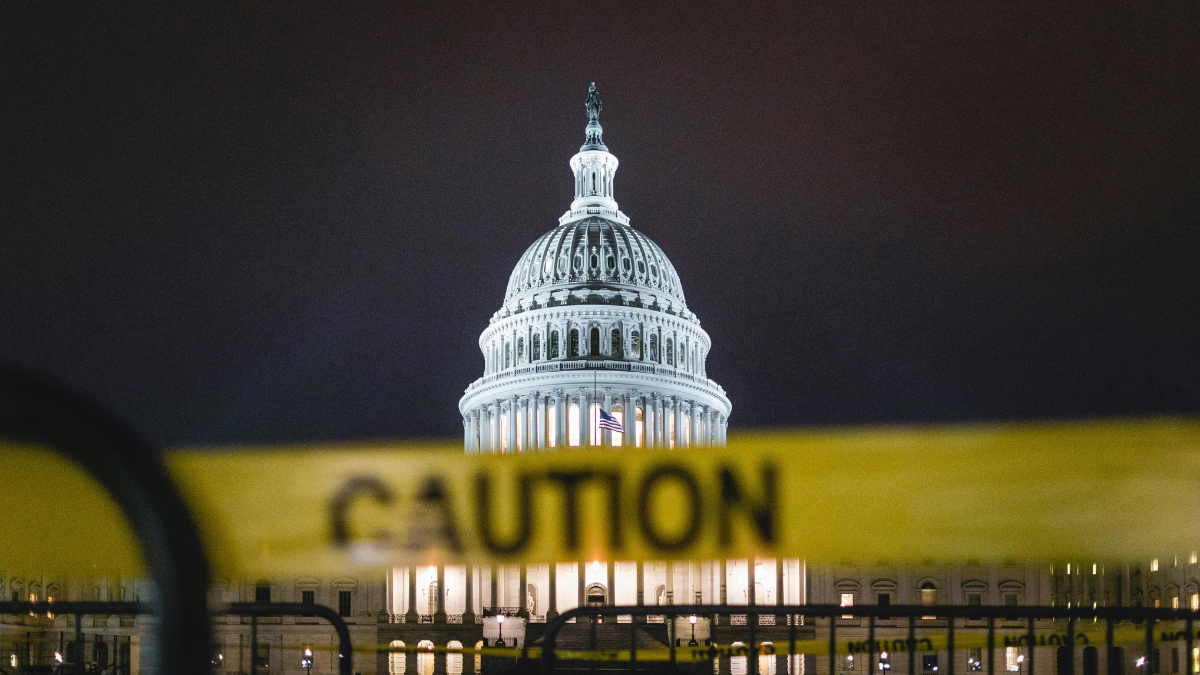With the deadline to finance the government looming, one of the most critical questions at this juncture is whether Donald Trump, who does not enter the White House until January 20, 2025, will have an impact on the course of the present negotiations about the budget and, ultimately, on preventing government shutdowns. It’s quite complicated because there is also some political posturing by the parties and what this possibly portends from Trump as President-Elect.
Current budget crisis
The failure by Congress to pass the spending bill before the expiration date of the funding deadline places the government on the brink of shutdown. Lawmakers have been engulfed in a heated and frantic last-minute attempt for consensus with just mere hours before the funding runs dry. The bipartisan deal laid down would have funded the government until March 14, 2025, but was strongly opposed by Trump and his associates. They criticized the proposed bill for including provisions they deemed unacceptable, such as salary increases for Congress members and substantial disaster relief funding.
Trump’s foray has raised the ante on the divisions within the Republican ranks. In public pleas, Trump urges his party to reject the stopgap spending bill, replete with “Democratic giveaways.” Republicans in turn have split, some rally-ing to Trump’s cry while others support the more bipartisan direction of House Speaker Mike Johnson.
The presumptive Trump influence
While Trump does not have any formal power until he is inaugurated, the power of a president-elect to shape events is immense. He remains a leading figure in Republican politics and has taken to social media to mobilize opposition to the current funding measure. A joint statement with incoming Vice President JD Vance called for more conservative fiscal policies, while any funding agreement that would be tied to the raising of the debt ceiling, which has become controversial in recent years.
Although he is out of office, Trump’s influence over Republican legislators suggests he remains a formidable force within the party. His opposition had already defeated earlier bipartisan efforts, which shows even as president-elect he was able to make a considerable difference in the legislative process.
The role of Congressional leadership
Meanwhile, House Speaker Mike Johnson has the more precarious job of trying to balance Trump’s demands with his need for bipartisan votes to keep the government open. Past efforts by Johnson to cut a deal with Democrats have been undercut by Trump’s criticisms. Now, many Republicans are wary of supporting Johnson’s leadership – lest they face political blowback from Trump and his base.
In Congress, Trump’s insistence that a funding measure should also encompass addressing the debt ceiling adds even more complication to the dynamics at hand. He has insisted that the Republicans should make no concessions now but should instead wait for his administration, because the Republicans will hold much greater bargaining power in a tussle over the budget. Confrontation as opposed to collaboration ensues in terms of his overall strategy on governance.
Government shutdown implications
It is due to their inability to arrive at any agreement in Congress prior to the deadlines that the government was facing a partial shutdown and millions of federal employees were affected due to furloughs only just before the holiday seasons though the essential services will continue; most the other areas of government function would still be disrupted and causing delays to such services like immigration as well as airport security.
The economic consequences of a shutdown are severe. Previous experience has shown that there is much cost to the economy-for example, the 2018-2019 shutdown saw an estimated $8 billion loss in GDP during its length1. Both parties are thus obliged to avoid this situation.
Read more: California declares state of emergency over bird flu – These are the symptoms of H5N1 that can be deadly, with severe cases already confirmed
Read more: Who is Nima Momeni, convicted for the murder of Cash App founder Bob Lee
